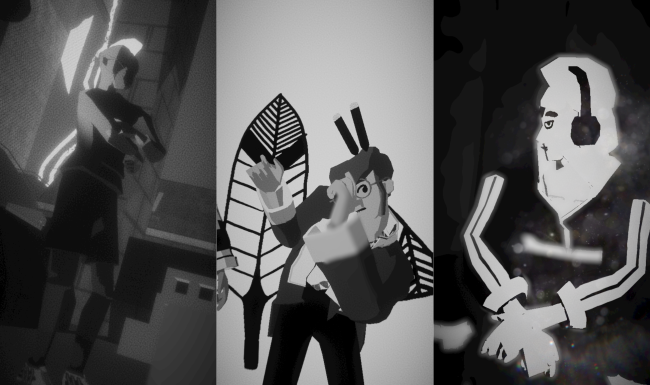
The Joys of Virtual Black & White Photography
As anyone who has talked to me in the last few months know, I've been obsessed with the game Umurangi Generation. It really appeals to the part of my brain that goes absolutely feral whenever I have a camera in my hands. It takes place in a future version of Aotearoa that's just as shitty and colonialist as modern-day New Zeeland, but everyone stands still when you want to photograph them, so it's already got a leg up on reality.
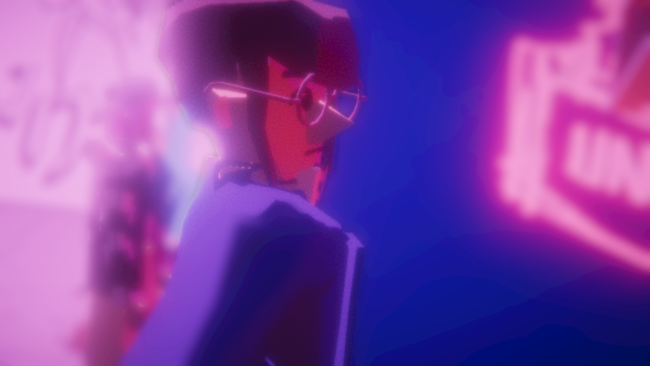
I saw someone on twitter do a run where they essentially roleplayed as a moody instagram blogger, taking poetic, artfully faded photos of grafitti while the world burns around them. I really liked that concept and I set out to do a run where I pretended to be a pretentious photographer who only photographs in black and white, because it's "better".
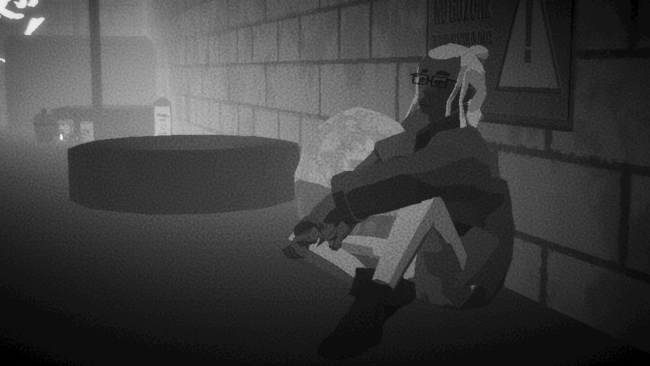
(Side note, I saw one of those reviewing the cult classic LOMO LC-A camera on their blog and the first thing that happened is someone sent them a message saying that using a Lomo to photograph black & white is like spending your stag party at a library. I used a lomo filter for the image in my introductory post for reference.)
I had a rocky start, the temptation to not touch that saturation slider and leave all the wonderful colors intact was palpable. I almost wish there was a way to simply load b&w film into the camera for challenge runs like this. I gravitated towards pretty steretypical noir motifs, because they are easy to get looking "right" in black and white.
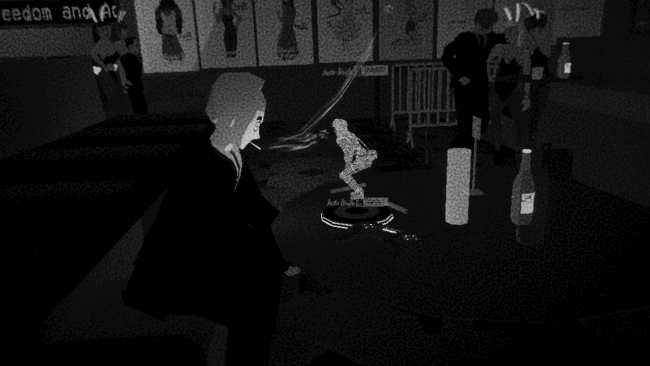
Then it was like a switch flipped in my head. In b&w, you're painting with light and shadow, the actual, physical reality is simply the canvas. When you get into the mindset, it almost feels like you're photographing a hidden, emotional dimension layered on top of the real world.
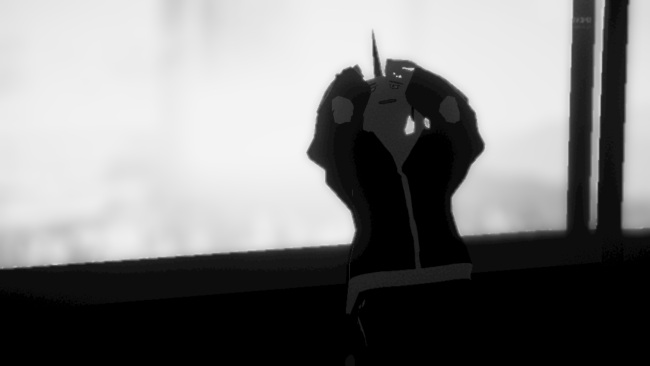
It struck me just how much knowledge about how to light a b&w scene has been lost since everyone moved to color. It's been a fun experience trying to reinvent from first principles, but I'm starting to understand why b&w people are the way they are. It is absolutely an experience that makes you feel like you are the keeper of ancient knowledge that risks going away if you stop even for a moment.
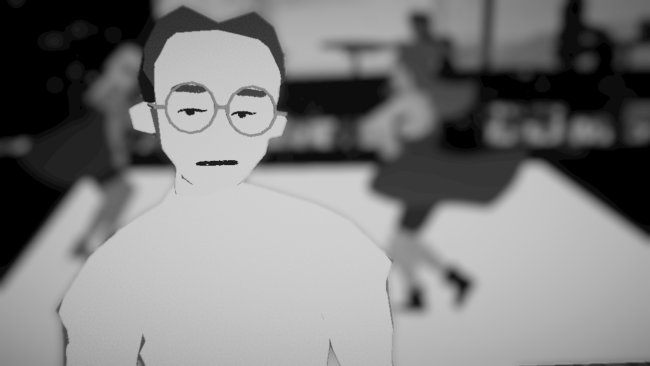
High-contrast is easy-mode. I understand now why noir motifs are so popular, it is easy to look at a shadowy scene and imagine what it'd look like in black and white. It is a lot harder with more subtle lighting.
Since I have to take photos in color and manually turn down the saturation, I noticed how many lighting situations that look like absolute ass in color looks delicious in b&w.
Slightly overexposed flash photographs especially; using the flash actually makes a lot more sense to me in black and white. It completely destroys the colors on many photos, but that's not a problem in b&w where it simply evens out shadows and gives objects a more solid shape.
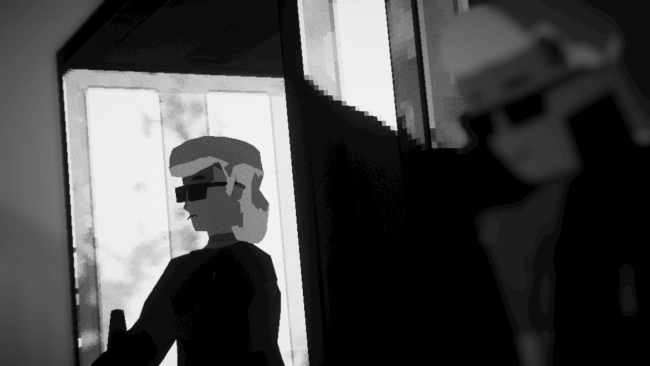
Another fun aspect of black and white that really broke my brain: because everything is either light or dark, there's really no difference between an object that's brightly painted and an object that has a light shining on it. I used this to my advantage in some places, when I used the in-game spraycan to paint fake highlights on walls to get a chiaroscuro effect.
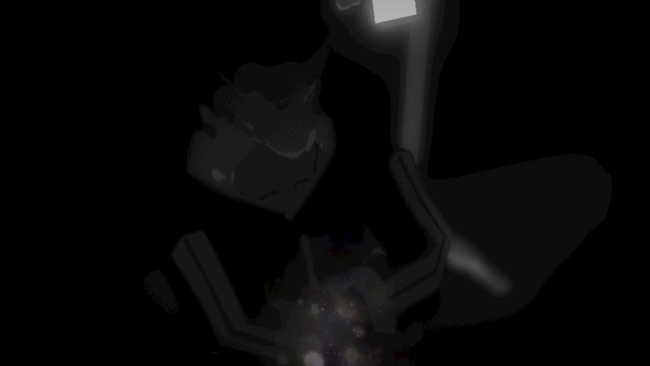
Defamiliarization is one of the strong points of black & white, it makes you see the world in an entierly different way. There's even some techniques specific to Umurangi. for example, when using a slow shutter in the game, you get ghostly afterimages, but the ghosting system is incredibly glitchy and the afterimages aren't affected by saturation.
You can abuse this to get a really neat effect where it looks like the world is slowly getting drained of color. I also noticed the dirty lens sometimes acted more like you where taking color photographs of a black and white world rather than using black and white film.
The best feature of Umurangi Generation is that it doesn't have a system for determining what is and isn't a good image. It's ultimately down to your eye and your sensibilities. That's what makes photography so great to me, it's a tool for looking at the world YOUR way and saving that vision to share with others.